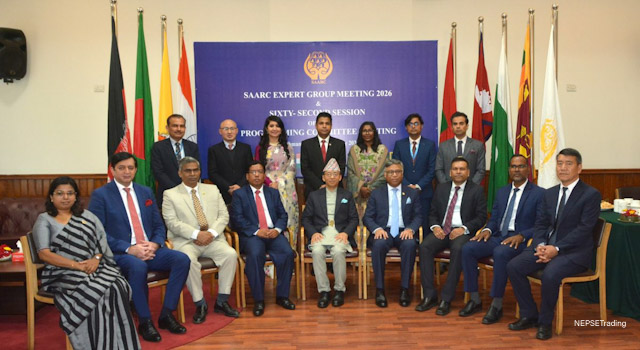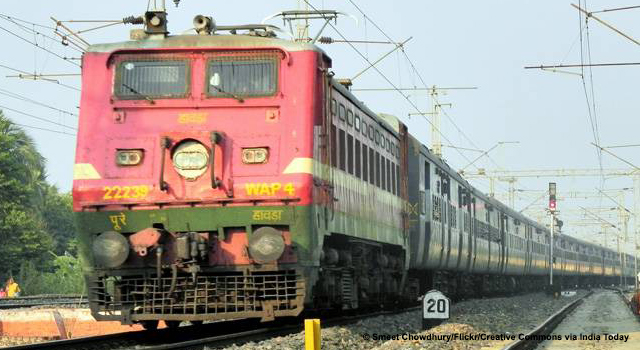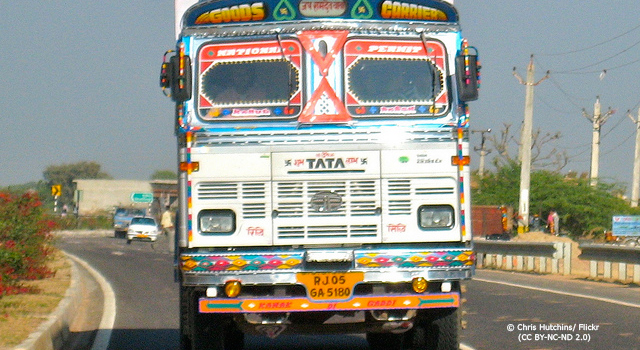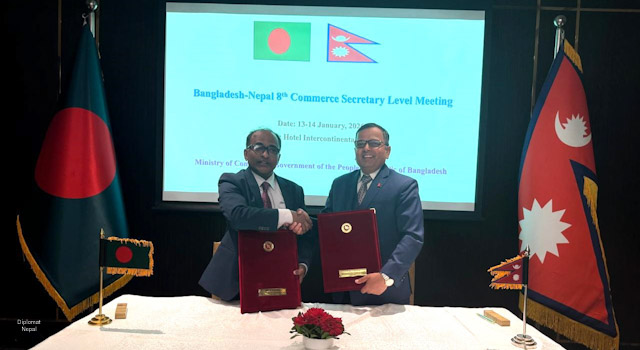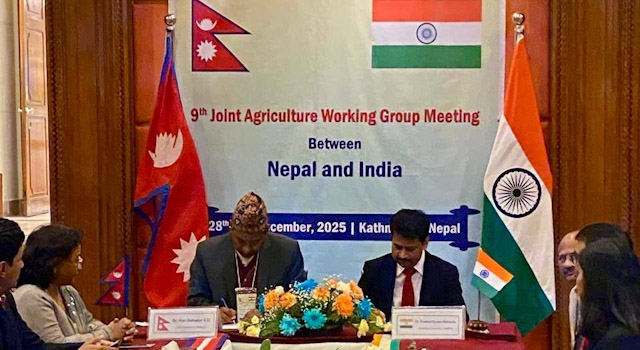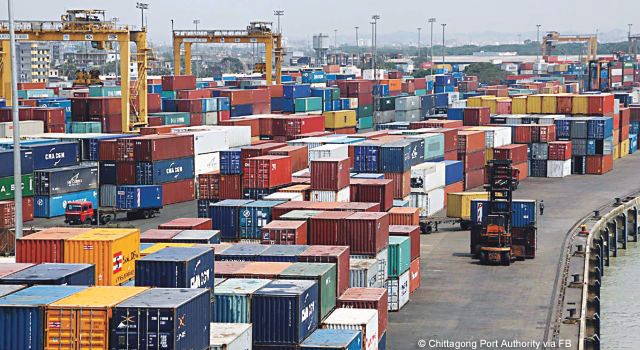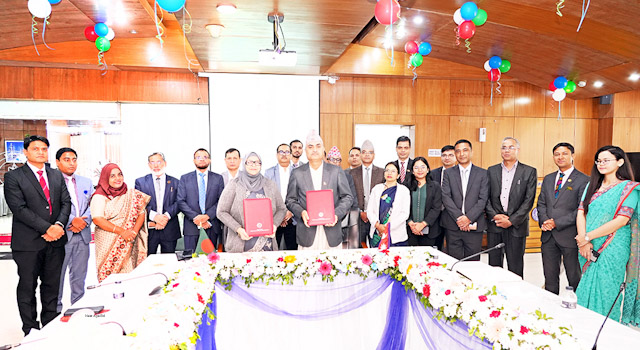
Sri Lanka to Increase Renewable Energy Generation, Export Excess Energy
8 February 2016
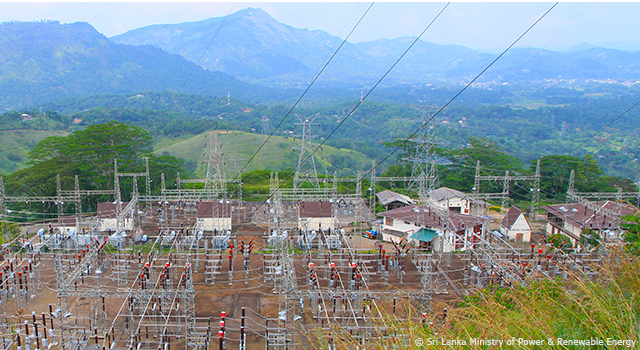
Sri Lanka aims to become an energy self-sufficient nation, drawing on renewable energy sources locally by 2030.
According to Sri Lanka National Policies and Economic Affairs Ministry Secretary M.I.M. Rafeek, the Government plans to increase its share of electricity generation through renewable energy sources from 50% in 2014 to 60% in 2020, until it meets total demand from renewable, including biomass, wind, geothermal, hydropower, and other renewable energy sources by 2030.
The Government's vision for Sri Lanka's energy sector also includes generating additional 1,000 megawatts of renewable energy for consumption by 2035, and excess energy for export to neighbors, including India, by 2050.
Power and Energy Ministry Secretary Dr. B.M.S. Batagoda emphasized India's huge demand for energy, and Sri Lanka's potential to supply electricity through its excess production of coal.
He added that the proposed Indo-Sri Lanka Bridge and marine cable project—which the Government is fast-tracking—would bring Sri Lanka closer to India's energy market.
The development plan for Sri Lanka’s energy sector includes providing affordable high quality and reliable energy to all consumers. Cost of electricity, product and service quality, renewable energy integration and financing of major power plants were outlined as key challenges in Sri Lanka’s energy sector.
National Policies and Economic Affairs Ministry Secretary Rafeek and Power and Energy Ministry Secretary Batagoda were attending the 2nd South Asia Energy Regulators Conference, held in Colombo, Sri Lanka on 8 February 2016.
Related Links:




